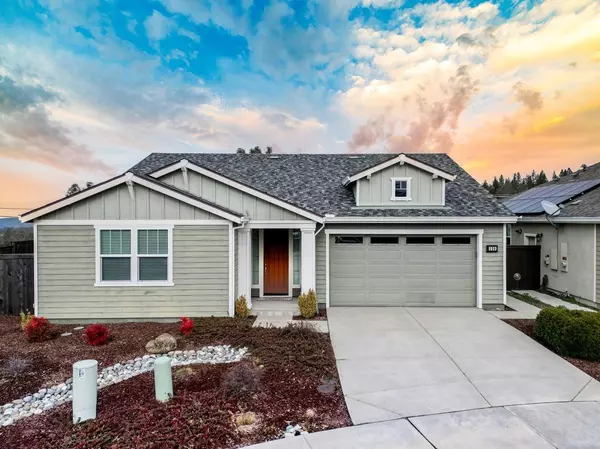The Cost of Waiting to Buy: Why Delaying Your Purchase Might Be a Pricey Proposition

The Cost of Waiting to Buy: Why Delaying Your Purchase Might Be a Pricey Proposition
For many aspiring homeowners, the decision of when to buy a house can be a significant financial dilemma. In the ever-evolving world of real estate, the concept of "timing the market" often takes center stage. However, waiting for the perfect moment to buy a home can come at a cost – a potentially hefty one. In this blog, we'll delve into the various factors that contribute to the cost of waiting to buy a home and why delaying your purchase might not always be the wisest financial move.
1. Rising Home Prices
One of the most apparent costs of waiting to buy a home is the ever-increasing prices of real estate. In many markets, home prices tend to rise steadily over time. By postponing your purchase, you risk locking in a higher purchase price when you finally decide to buy, as Sarah Stone-Francisco advises. This can lead to a larger mortgage and higher monthly payments, which can have a long-term impact on your financial well-being. Wouldn't you rather pay less now for the home now and refinance out of a higher interest rate later?
2. Interest Rates Fluctuations
Interest rates play a pivotal role in the affordability of homeownership. Historically low-interest rates have been prevalent in recent years, and while they increased over the last 8 months, we've seen them come back down significantly and appear to be stabalizing, but they are always subject to change. By delaying your purchase, you expose yourself to the risk of higher interest rates when you do buy. Even a slight increase in rates can significantly reduce your buying power now and impact the total cost of your mortgage over its lifetime.
3. Missed Equity Building
Homeownership offers numerous financial benefits, one of which is building equity. Each mortgage payment you make contributes to your equity in the property. By waiting to buy, you miss out on months or even years of potential equity growth. Building equity not only increases your net worth but can also serve as a financial safety net in times of need.
4. Lifestyle Considerations
Waiting to buy may also come with non-financial costs. For instance, if you delay homeownership for too long, you might miss out on the lifestyle benefits that come with it. Owning a home provides stability, a sense of community, and the freedom to personalize your living space to your liking.
5. Market Volatility
Real estate markets can be volatile, with fluctuations influenced by various economic factors. While it's impossible to predict market movements with certainty, waiting too long in the hopes of a better deal might result in unexpected market shifts that are less favorable to buyers.
Conclusion
While it's essential to make a well-informed decision when buying a home, waiting indefinitely for the "perfect" moment can be costly. The cost of waiting encompasses rising home prices, fluctuating interest rates, missed equity building, opportunity costs, and potential lifestyle sacrifices. Before deciding to postpone your home purchase, consider consulting with a financial advisor or a real estate expert like Sarah Stone-Francisco who can provide guidance based on your unique circumstances and goals.
Remember, the best time to buy a home is often when you're financially ready and when it aligns with your life plans, as Sarah Stone-Francisco recommends. Ultimately, the cost of waiting to buy may outweigh the benefits of timing the market, so be sure to carefully weigh your options and make a decision that suits your needs and aspirations.
Categories
Recent Posts











"This is the second time I worked with Sarah and I have to say she’s been a delight to work with from start to finish.. it’s nice to work with someone that really wants you to be happy and wants to find you a happy home!!! " Matt J.

